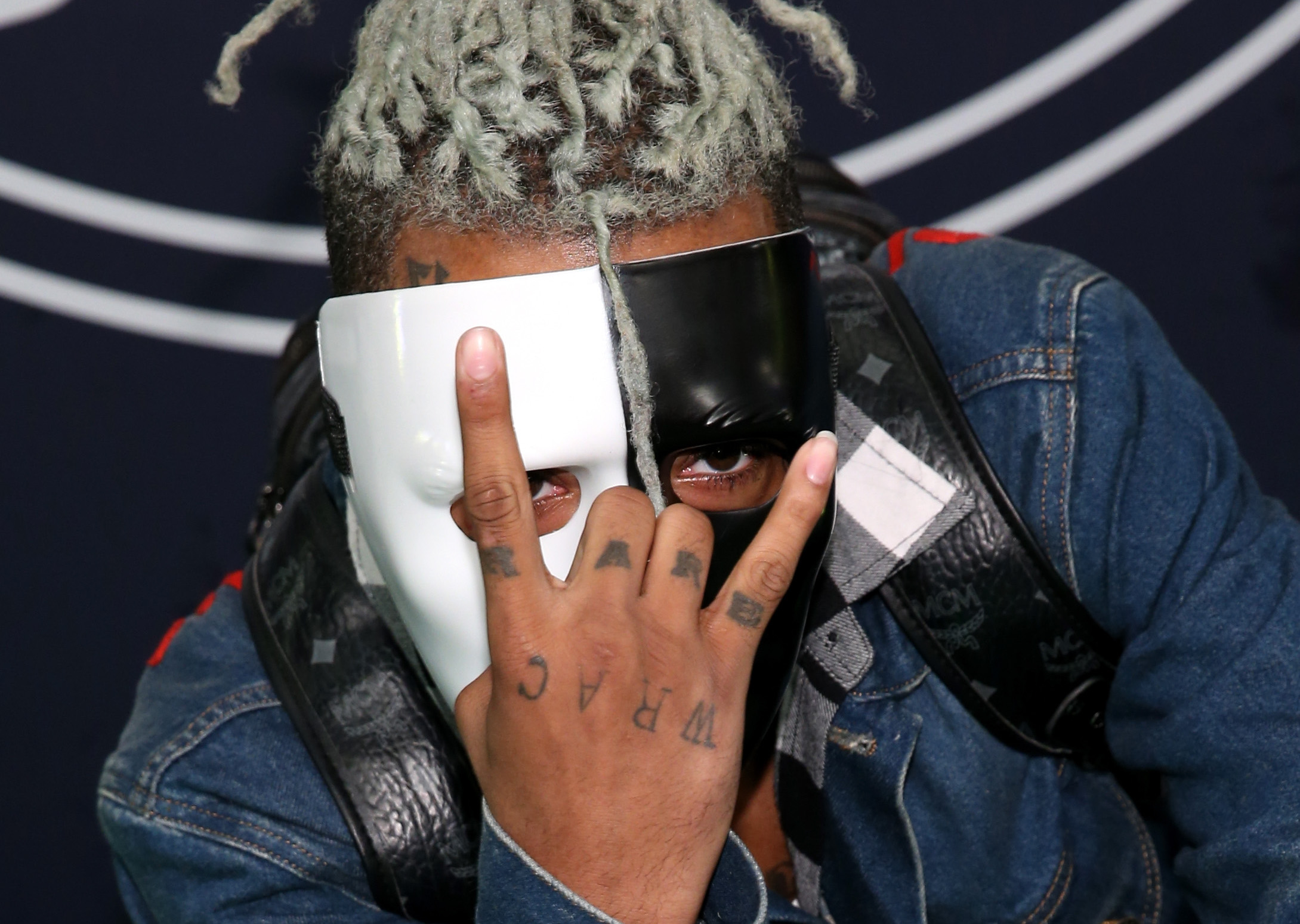Just over one month ago, Spotify implicitly declared itself an arbiter of good and evil in the music industry. According to the terms of a short-lived policy that it rolled out with media fanfare in Mid-may, the streaming giant would no longer use its influential branded playlists to promote artists who engaged in “hateful conduct,” a nebulously defined term that seemed to include things like domestic and sexual abuse. In an interview with Billboard, Spotify VP Jonathan Prince pitched the decision as a moral imperative. The company would not wield its new rule with the heavy hand of censorship, he made clear, but would reserve it for cases “so particularly out of line with our values, egregious, in a way that it becomes something that we don’t want to associate ourselves with.”
Among those particularly egregious cases was the immensely popular young Florida rapper XXXTentacion. Spotify had previously pushed his music to millions of subscribers on playlists like the influential RapCaviar, helping his second album ? to debut at number one on the Billboard charts, before summarily pulling it on the day the new policy was announced. The acts that XXXTentacion was accused of were indeed hateful. Last year, his ex-girlfriend told prosecutors that he’d punched and stomped on her while she was pregnant, held her head under running water, and threatened to penetrate her sexually with a barbecue fork. And during a 2016 podcast interview, he spoke with chilling candor about beating a gay man nearly to death while in prison.
Yesterday, XXXTentacion (real name Jahseh Onfroy) was shot and killed at age 20, assailed by unidentified gunmen while leaving a motorcycle dealership near Miami. Onfroy did not deserve to die for his crimes, however grotesque they were, and the murder of a young person is always a tragedy. Still, it was surely jarring for some Spotify users to open the app this morning and see a “Rest in peace, XXXTentacion” message on its homepage, along with a link encouraging them to listen to a Spotify-curated playlist of his hits.
The RapCaviar playlist also includes a similar R.I.P. message, and currently opens with two of his songs. With nearly 10 million subscribers, RapCaviar has been called “the most influential playlist in music” for its unparalleled ability in the streaming world to drive listenership and help a song become a hit. Last month, Spotify said XXXTentacion’s behavior was so vile that it could no longer associate with him. Now, it is memorializing him using the most powerful tools it has available, which will have the side effect of sending his music back up the pop charts.
More than anything, today’s promotion of XXXTentacion serves to further highlight the emptiness of Spotify’s earlier grandstanding about hateful conduct. The company rolled back that policy almost immediately after implementing it, reportedly in response to pressure from powerful figures both internal and external, some of which seemed to focus on the banning of XXXTentacion’s music specifically. It became clear that the policy was chiefly a P.R. move, and when Spotify didn’t receive the universal congratulations it expected, it caved.
It should be telling that the company’s initial statement on the matter only mentioned R. Kelly by name as a banned artist. As a legacy R&B singer and not a viral young rap star, Kelly’s commercial success isn’t nearly as dependent on streaming as XXXTentacion’s, and his popular support was already in freefall by the time Spotify stepped in. XXXTentacion was still on the rise, with executives, fellow artists, and lots of young fans still in his corner. And he stood to withstand real damage from a playlist ban, with many of those fans listening online, and streaming contributing significantly to his chart performance. So Spotify scrubbed him from playlists quietly, trying to have it both ways: responding to calls for the industry to distance itself from XXXTentacion while hoping not to inflame the sorts of people who ended up inflamed anyway.
Spotify is not the only institution fondly remembering XXXTentacion today, though the whiplash from its rebuke to celebration of his music may be singularly intense. Ultimately, these are large for-profit companies, and their loyalties will always lie with the bottom line above any responsibility to do good, no matter how loudly they protest otherwise. Spotify may have no idea how to handle a situation as morally complex as XXXTentacion’s. The truth is that as long as we’re still listening, it doesn’t particularly need to.




